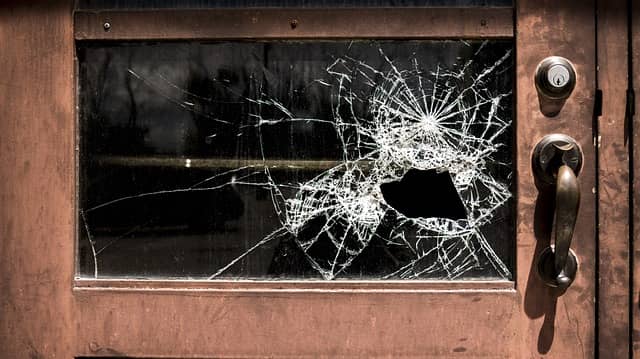
Renters insurance is a crucial yet often overlooked aspect of renting a property. It can protect their personal belongings in case of a covered event of theft or damage. However, there can be confusion and wonder around does renters insurance cover damage to the landlord’s property. Let’s delve into this common query to shed some light on the matter.
Personal Property & Liability
First and foremost, renters insurance primarily focuses on safeguarding the tenant’s personal property and liability. If your belongings are damaged due to covered perils such as fire or theft, your renters insurance policy typically helps cover the costs of replacement or repair. Additionally, renters insurance provides liability coverage, which can help protect you if you accidentally damage someone else’s property or if someone is injured in your rental unit
Property Damage
Renters insurance typically does not cover damage to the landlord’s property such as the structure of the building. The responsibility for insuring the structure of the building and any provided appliances generally falls on the landlord’s shoulders. Landlords typically have their own home insurance policies to protect their property from various risks.
There may be cases where damage to the landlord’s property is accidental. For example, if you unintentionally start a kitchen fire that damages your rental property walls, your renters insurance policy may pay for repairs. If it doesn’t, then the landlord’s homeowner’s policy may. Some landlords require tenants to purchase renters insurance because their homeowner’s policy may exclude coverage for tenant damage. That said, it’s essential for tenants to carefully review their renters insurance policy to understand exactly what is and isn’t covered. Some policies may offer additional coverage options or endorsements that could provide limited coverage for certain types of damage to the landlord’s property, such as accidental damage caused by the tenant.
Renters insurance is an invaluable form of protection for tenants. At the same time, it is important to recognize its limitations. While it covers personal property and liability, it generally does not extend to damage to the landlord’s property. As such, tenants should communicate with their landlords and ensure they understand what is covered by their respective insurance policies. So asking does renters insurance cover damage to the landlord’s property is an important question.